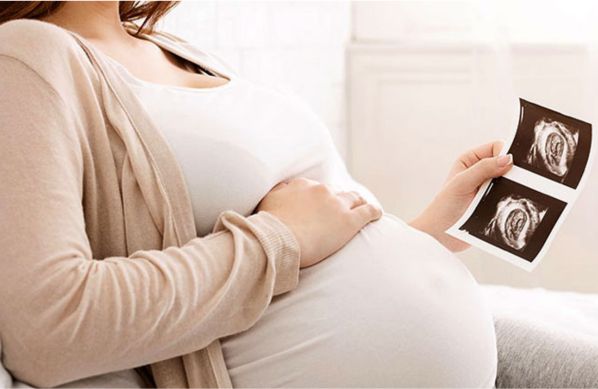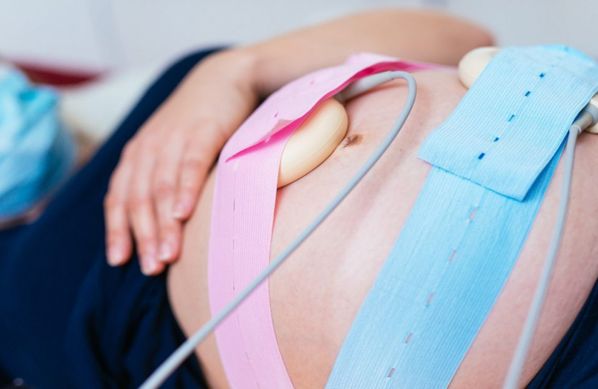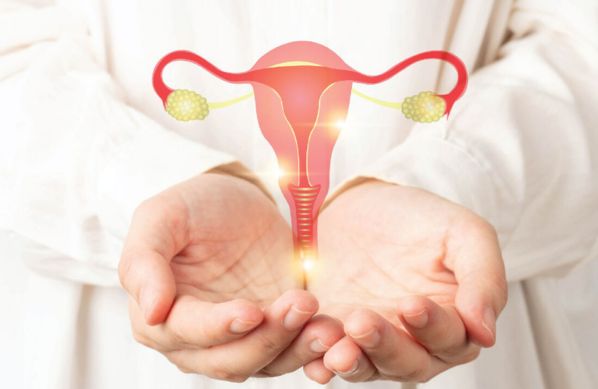
Recurrent pregnancy loss (RPL) refers to the occurrence of two or more consecutive miscarriages, and it affects a small percentage of women trying to conceive. The condition can be emotionally and physically challenging, but with proper diagnosis and treatment, many women can go on to have successful pregnancies. Treatment for recurrent pregnancy loss involves identifying the underlying causes and implementing a personalized care plan to improve the chances of a healthy pregnancy. Here are some key aspects of recurrent pregnancy loss treatment and procedure:
Diagnostic Testing for Underlying Causes: The first step in treating recurrent pregnancy loss is a thorough evaluation to identify any underlying medical or genetic factors contributing to the miscarriages. Diagnostic tests may include blood tests to check for hormonal imbalances or autoimmune disorders, imaging studies such as ultrasounds to assess the uterus, and genetic testing for both partners to identify chromosomal abnormalities.
Individualized Treatment Plans: Once the underlying cause of recurrent pregnancy loss is identified, healthcare providers create an individualized treatment plan. Treatment options vary depending on the specific cause and may include hormone therapy, surgical intervention, or lifestyle modifications. In some cases, no specific cause is identified, and a more general supportive approach is taken.
Hormonal Therapy: If hormonal imbalances, such as low progesterone levels or thyroid disorders, are contributing to recurrent pregnancy loss, hormonal therapy may be prescribed. Progesterone supplements, thyroid medications, or other hormonal treatments can help regulate the hormonal environment and support a healthy pregnancy.
Surgical Interventions: In cases where structural abnormalities of the uterus, such as fibroids, polyps, or a uterine septum, are found, surgical correction may be necessary. Procedures like hysteroscopy or laparoscopy can be used to correct these issues, improving the chances of a successful pregnancy in the future.
Immunological and Blood Clotting Disorders: Some women experience recurrent pregnancy loss due to immunological issues or blood clotting disorders, such as antiphospholipid syndrome (APS). In these cases, treatment may involve the use of blood thinners (such as low-dose aspirin or heparin) and other medications to prevent clotting and improve blood flow to the placenta.
Genetic Counseling and Testing: If genetic abnormalities are suspected, genetic counseling is offered to both partners. Testing for chromosomal issues, such as balanced translocations, can help determine whether genetic factors are causing recurrent pregnancy loss. In some cases, assisted reproductive technologies (ART), like in vitro fertilization (IVF) with preimplantation genetic testing (PGT), may be recommended to select healthy embryos for implantation.
Psychological and Emotional Support: Recurrent pregnancy loss can take a significant emotional toll on couples, and psychological support is an integral part of treatment. Counseling and support groups are often recommended to help couples cope with the stress, anxiety, and grief associated with multiple miscarriages. Emotional well-being is essential in preparing for future pregnancy attempts.
Preconception Care and Counseling: Preconception counseling is an important aspect of treatment for recurrent pregnancy loss. Women are advised on optimizing their health before trying to conceive again, including managing any existing medical conditions, adopting a healthy lifestyle, and taking prenatal vitamins to prepare the body for pregnancy.
Monitoring in Subsequent Pregnancies: Once a woman becomes pregnant again, close monitoring is crucial to ensure a healthy pregnancy. Healthcare providers may schedule more frequent prenatal visits, ultrasounds, and blood tests to track the progress of the pregnancy and quickly address any concerns. Early intervention can be key to preventing further miscarriages.
Multidisciplinary Approach to Care: Recurrent pregnancy loss often requires a multidisciplinary approach, involving obstetricians, reproductive endocrinologists, geneticists, and mental health professionals.
Recurrent pregnancy loss treatment focuses on identifying the underlying causes and addressing them through a combination of medical interventions, lifestyle changes, and emotional support. With the right care and personalized treatment, many women are able to achieve and maintain healthy pregnancies after experiencing recurrent miscarriages.
Dr. Ravneet Kaur Offers a comprehensive range of obstetrics and gynaecology treatments, utilizing advanced techniques and personalized care to support patients on their journey to reproductive health and wellness.

High-risk pregnancy care refers to specialized medical services aimed at monitoring and managing pregnancies with increased risks due to various factors.

Painless delivery, also known as epidural analgesia, refers to the use of pain relief methods during labor to help women manage the discomfort of childbirth.

Intrapartum fetal monitoring, commonly referred to as Toco-Cardio Graphy (CTG), is a crucial method used during labor to assess the well-being of the fetus.

Recurrent pregnancy loss (RPL) refers to the occurrence of two or more consecutive miscarriages, and it affects a small percentage of women trying to conceive.

Menopausal treatment focuses on managing the symptoms and health risks associated with menopause, which marks the end of a woman's reproductive years.

Laparoscopically Assisted Vaginal Hysterectomy (LAVH) is a minimally invasive surgical procedure used to remove the uterus.

Laparoscopy and hysteroscopy are minimally invasive surgical procedures used to diagnose and treat various gynaecology conditions.

In Vitro Fertilization (IVF) is a sophisticated assisted reproductive technology (ART) that enables individuals or couples facing fertility challenges to conceive a child.

Intrauterine Insemination (IUI) is a widely used assisted reproductive technology (ART) that involves placing sperm directly into a woman’s uterus during her ovulation period.

Intracytoplasmic Sperm Injection (ICSI) is a specialized form of assisted reproductive technology (ART) used to address male infertility issues.

